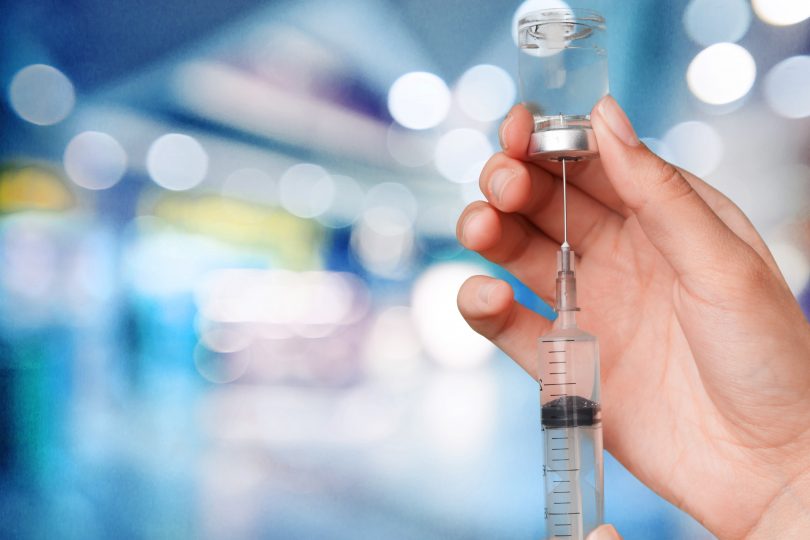Importance of vaccination
When we are still infants, immunizations are first administered to us. Even now, in the age of COVID, new vaccinations and booster doses are being developed and made available to the public. However, the vast majority of us are unsure about the significance of receiving vaccinations and vaccine validation system.
Vaccines may take the form of inactivated forms of the organisms that cause diseases, subunits derived from the organism, or other components of the organism. By inserting the parts of causal organisms into our bodies, our bodies can recognize these foreign bodies and manufacture the relevant antibodies to launch effective attacks; this is what we called immunity. Herd immunity is the term used to describe the phenomena that occur when a society is able to accomplish the aim of training its immune system to develop appropriate antibodies and fight illnesses. If a sufficient number of individuals obtain the vaccination, then the likelihood of the illness spreading to others who can’t get the vaccine is reduced. People who have chronic diseases and who have weaker immune systems such as the elderly and infants are those needing extra protection from infections.
What are antibiotics?
Antibiotics are medical treatments that eliminate microorganisms or inhibit their ability to reproduce. They are sometimes referred to as “antibacterial.” They contain a broad variety of potent medications that are put to use in the treatment of conditions brought on by bacteria. Antibiotics are not effective against viral infections like the common cold, influenza, or the majority of coughs. Antibiotics are necessary for many bacterial illnesses, although the kind of antibiotic required varies by infection. They can be categorized as bacteriostatic (inhibit bacterial action) and bactericidal (kill bacterial growth).
Relationship between antibiotics and vaccine
Infection with a coronavirus is the root cause of Covid-19. Your immune system will be better able to identify the coronavirus after receiving the COVID-19 vaccination. This will make it simpler and more efficient for you to fight against the virus. The vaccination “educates” your immune cells so that they can locate the virus, launch an assault against it, and successfully eradicate it.
Antibiotics, on the other hand, eliminate the microorganisms inside your body that are responsible for making you unwell. This implies that your bacterial illness (if you have one) or your antibiotics shouldn’t be affected by the vaccination or the coronavirus and that the vaccine shouldn’t have any effect on your drugs even if you do have a bacterial infection.
In other words, you should not be scared to seek treatment if you detect signs such as an abnormal body temperature or other pain or discomfort. If medical professionals evaluate your health and determine that you need to begin the antibiotic treatment, this may still be done.
Be wary, however, of the potential development of antimicrobial resistance if you interrupt the course of antibiotic treatment in the midst of this process or if you take those prescriptions without first seeing a medical practitioner. Bacteria, like all other living organisms, are capable of evolving and adapting to new environments. When antibiotics are administered too often, germs might develop a “resistance” to their effects. As bacteria develop resistance to antibiotics, it is possible that bacterial illnesses may no longer be treated. Taking antibiotics when they are not required both raises the chance of resistant bacteria developing and lowers the efficiency of the medicines. It’s possible that the bacteria won’t die, and the illness may even become worse. It is possible that the individual you give your antibiotic to may have unpleasant side effects or a severe allergic response. In general, it is not a good idea to share any medication.
Ask medical personnels about Covid 19 Vaccine










